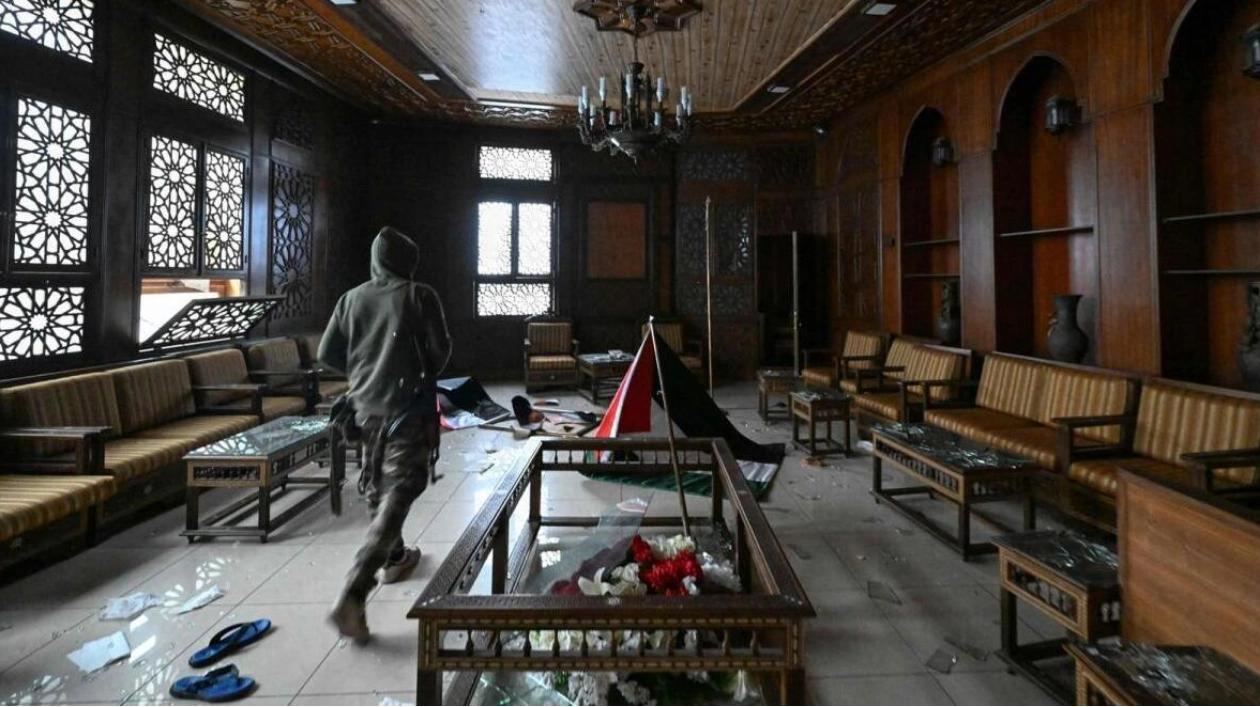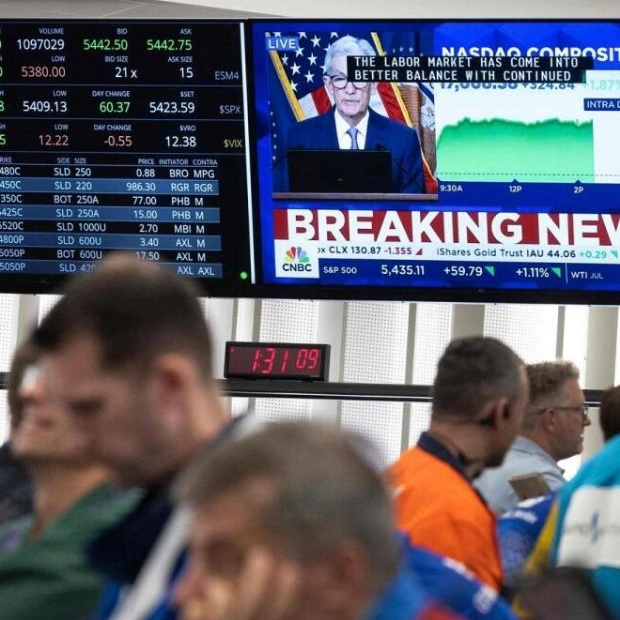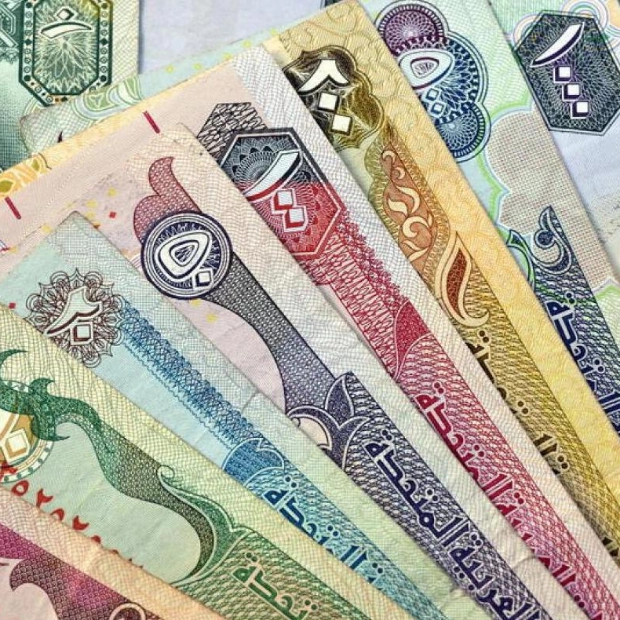A rebel fighter strides through the shattered headquarters of the Baath party in Damascus on December 12, 2024. — AFP
Syria's interim government pledged on Thursday to establish the 'rule of law' following years of abuses under the ousted President Bashar Al Assad, as G7 nations advocated for an inclusive transition. Assad fled Syria after a swift offensive led by the Islamist group Hayat Tahrir Al Sham (HTS) and its allies, marking the abrupt end to five decades of authoritarian rule by his family. Syrians worldwide celebrated the end of an era marked by the imprisonment or killing of suspected dissidents, and nearly 14 years of conflict that claimed 500,000 lives and displaced millions.
'We lived under oppression, unable to speak,' said Ibtissam Kaab, a resident of Assad's hometown Qardaha, to AFP. 'Whenever we tried to speak, they threatened to harm us and our children.' The new government's spokesperson announced on Thursday that the country's constitution and parliament would be suspended for a three-month transition period. 'A judicial and human rights committee will be set up to review the constitution and propose amendments,' Obaida Arnaout told AFP. Speaking from the state television headquarters, now under rebel control, Arnaout emphasized the commitment to the 'rule of law.' 'All those who committed crimes against the Syrian people will be judged according to the law,' he added. Regarding religious and personal freedoms, he stated, 'We respect religious and cultural diversity in Syria,' assuring that these would remain unchanged.
Leaders of the G7 nations expressed readiness to support an 'inclusive and non-sectarian' government transition in Syria. In a joint statement, they called for the protection of human rights, including those of women and minorities, while stressing the importance of holding the Assad regime accountable for its crimes. US Secretary of State Antony Blinken visited Jordan on Thursday as part of a crisis tour addressing the aftermath of Assad's overthrow. He called for an 'inclusive' process to form Syria's next government, with protections for minorities. The State Department emphasized the need for a Syria that is not 'a base for terrorism or a threat to its neighbors.'
The jubilation following Assad's overthrow is tempered by uncertainty about Syria's future. The HTS, rooted in Syria's Al Qaeda branch and designated as a terrorist organization by many Western governments, has attempted to moderate its stance. Assad, a member of the Alawite community, long portrayed himself as the protector of the country's minorities. 'As Muslims, we will guarantee the rights of all people and sects in Syria,' said Mohammad Al Bashir, the transitional head of government, in an interview with Italian daily Corriere della Sera. The Kurdish administration in northeastern Syria announced it would adopt the three-starred independence flag used by the rebels, viewing it as a 'symbol of this new stage' reflecting the aspirations of the Syrian people for freedom, dignity, and national unity.
The new rulers have also promised justice for victims of Assad's regime, with HTS leader Abu Mohammed Al Jolani vowing that officials involved in torturing detainees will not be pardoned. Al Jolani, now using his real name Ahmed Al Sharaa, urged countries to hand over any fugitives so they can face justice. UN envoy for Syria, Geir Pedersen, expressed concern that the transition could lead to new conflicts, condemning the 'unimaginable barbarity' endured by Syrians in Assad's detention centers. In Aleppo, shopkeeper Ramadan Dali noted a growing sense of safety, though he acknowledged that rebuilding would take time.
The Baath party announced it would suspend all activities 'until further notice' and hand over assets to the authorities. Assad was supported by Russia, Iran, and Lebanon's Hezbollah. The Kremlin expressed hope for Syria's stabilization and criticized Israel for recent air strikes. Israel has conducted hundreds of strikes in Syria since 2011, intensifying them recently. The Syrian Observatory for Human Rights reported Israeli strikes near Damascus, while Israeli Prime Minister Benjamin Netanyahu stated the need to prevent 'terrorist' attacks from Syria.
Source link: https://www.khaleejtimes.com






